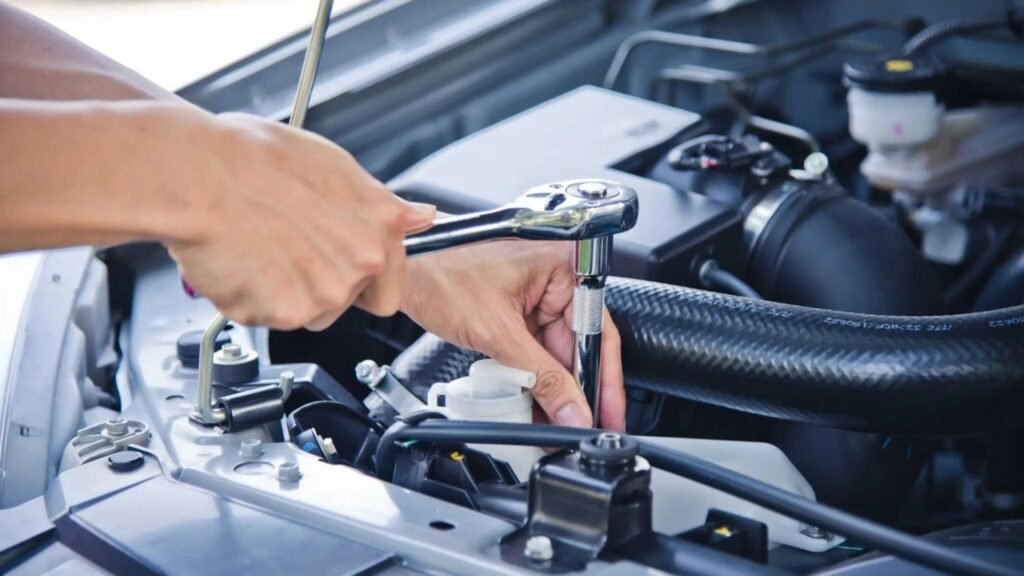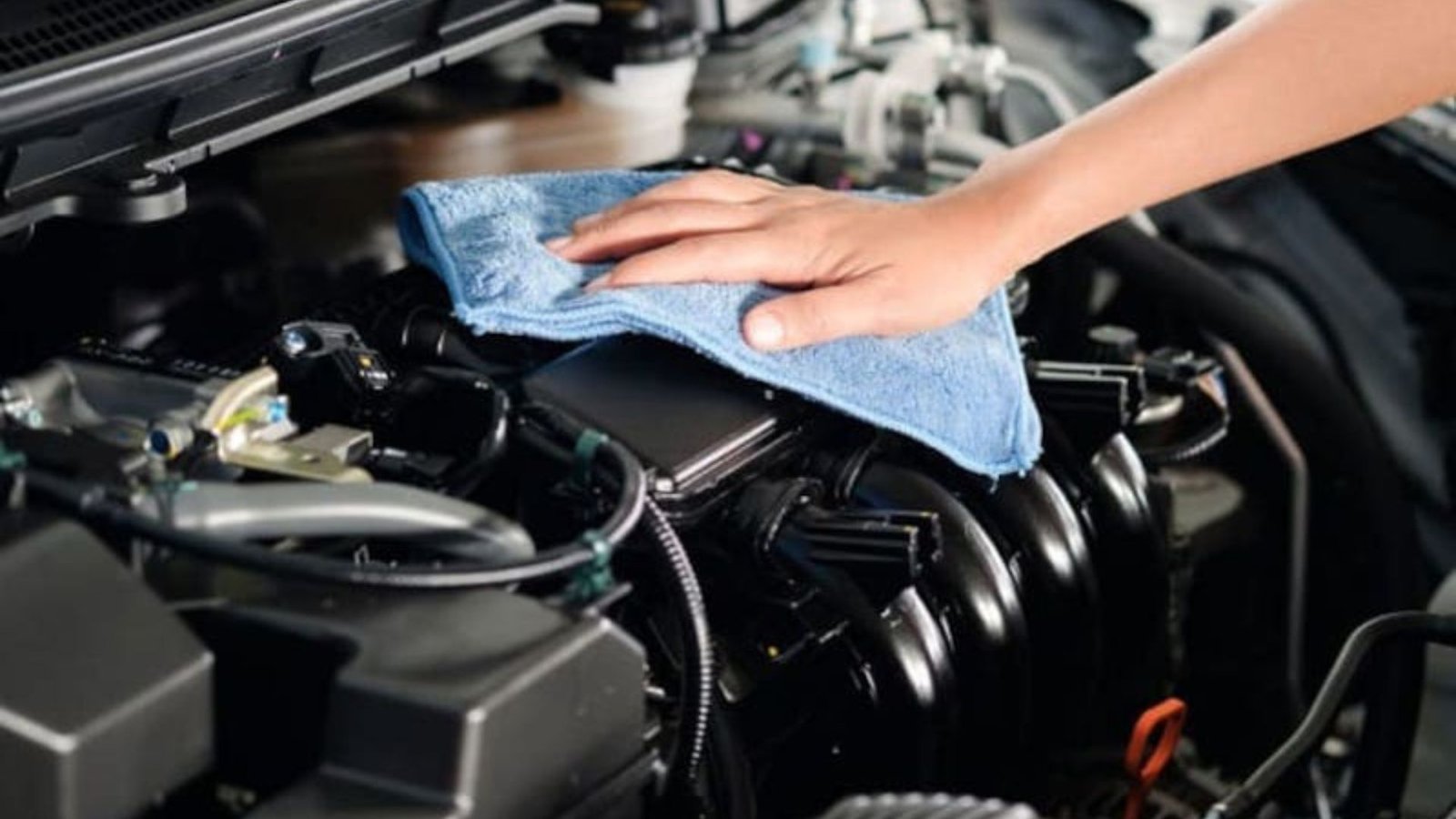Extending the lifespan of your car engine involves a combination of routine maintenance and good driving habits. By taking proactive steps, you can keep your engine running smoothly and avoid costly repairs. Let’s explore the best ways to ensure your engine lasts as long as possible.
1. Follow Regular Maintenance Schedules
Adhering to your car’s maintenance schedule is crucial for extending the lifespan of your car engine. This schedule, outlined in your owner’s manual, includes regular oil changes, filter replacements, and other essential services. Keeping up with these tasks ensures that your engine remains in optimal condition.

2. Use the Right Engine Oil
Choosing the correct engine oil is vital for engine health. Always use the oil type recommended by your car’s manufacturer. Using the right oil helps reduce friction and wear, which can significantly extend the lifespan of your car engine. Check your oil level regularly and change it at the recommended intervals.
3. Maintain Proper Coolant Levels
The coolant system prevents your engine from overheating. Regularly check the coolant level and ensure it’s at the proper level. Flushing and replacing the coolant according to the manufacturer’s recommendations helps prevent engine overheating and damage, thereby extending the lifespan of your car engine.
4. Monitor and Replace Air Filters
Air filters keep dirt and debris from entering the engine. A clogged air filter can reduce performance and fuel efficiency. Check and replace your air filters regularly, usually every 12,000 to 15,000 miles, to ensure a clean air supply and prolong the lifespan of your car engine.
5. Keep Your Engine Clean
A clean engine runs more efficiently. Regularly wash the engine bay to remove dirt and grime that can cause overheating and damage. Avoid using excessive water around electrical components. Keeping your engine clean helps in monitoring for potential issues and maintaining its lifespan.
6. Check and Maintain the Battery
The battery powers your car’s electrical systems and starts the engine. Check the battery’s charge and condition regularly. Clean any corrosion from the terminals and ensure that the battery is properly secured. Replacing the battery every 3 to 5 years helps prevent electrical failures and extends the lifespan of your car engine.
7. Inspect and Replace Spark Plugs
Spark plugs ignite the fuel-air mixture in the engine. Worn or dirty spark plugs can cause engine misfires and reduced performance. Inspect and replace spark plugs as recommended, typically every 30,000 miles, to ensure efficient engine operation and extend the lifespan of your car engine.
8. Keep an Eye on Engine Warning Lights
Modern cars come equipped with various sensors that monitor engine performance. Pay attention to any warning lights on the dashboard. Addressing issues promptly when these lights appear can prevent more serious problems, helping to extend the lifespan of your car engine.
9. Avoid Short Trips
Frequent short trips can prevent your engine from reaching its optimal operating temperature. This can lead to increased wear and reduced efficiency. Try to combine errands into longer trips to allow your engine to warm up properly, which supports its longevity.
10. Drive Smoothly and Avoid Aggressive Driving
Aggressive driving, such as rapid acceleration and hard braking, puts extra strain on your engine. Drive smoothly and avoid sudden starts and stops to reduce engine stress. Gentle driving habits contribute to the overall health and lifespan of your car engine.
11. Check and Maintain Transmission Fluid
Transmission fluid lubricates the transmission and helps with smooth gear shifts. Regularly check the transmission fluid level and condition. Follow your vehicle’s maintenance schedule for fluid changes to ensure smooth operation and extend engine life.
12. Replace Timing Belts as Needed
The timing belt keeps the engine’s camshaft and crankshaft in sync. A broken timing belt can cause severe engine damage. Replace the timing belt according to your car’s maintenance schedule, typically every 60,000 to 100,000 miles, to avoid major engine problems.
13. Inspect Belts and Hoses Regularly
Belts and hoses are crucial for various engine functions. Inspect them regularly for signs of wear, cracks, or leaks. Replace any damaged components promptly to avoid breakdowns and maintain the lifespan of your car engine.
14. Use Quality Fuel
Using high-quality fuel can help your engine perform better and reduce the risk of deposits forming inside the engine. Follow the manufacturer’s recommendations for fuel type and quality to support engine health and longevity.
15. Consult a Professional Mechanic
For issues that you’re not comfortable handling yourself, consult a professional mechanic. Regular check-ups and expert maintenance ensure that any potential problems are addressed early, helping to extend the lifespan of your car engine.
Conclusion
Extending the lifespan of your car engine involves consistent maintenance, good driving habits, and paying attention to your vehicle’s needs. By following these best practices, you can ensure that your engine remains in great condition, improves performance, and avoids costly repairs. Regular care is key to keeping your car running smoothly for years to come.

